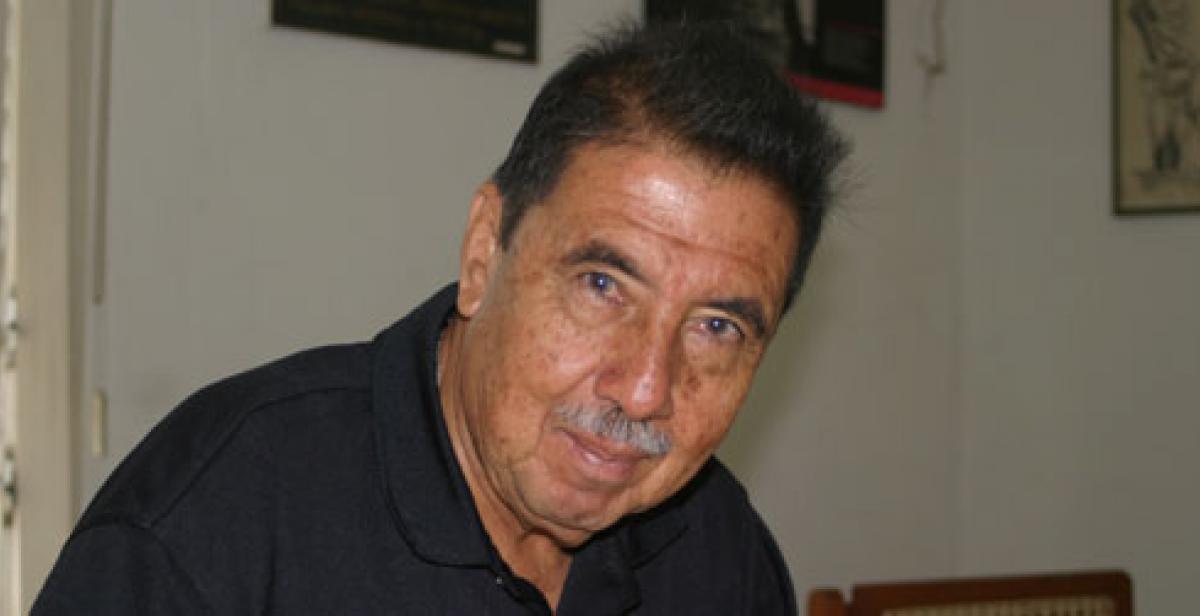Astalo is from Mexico and is currently working as a Gender and Masculinities Specialist with the Centro de Información y Servicios de Asesoría en Salud (CISAS) in Managua, Nicaragua.
How would you describe yourself?
I am a sensitive and flexible person in constant change, committed to social issues. I like to be consistent with what I do, think and feel and I apply that to my family and work.
What inspired you to become a Development Worker with Progressio?
Progressio’s mission and the possibility to exchange learning and to put it to the service of vulnerable communities. To be able to contribute to improving people’s quality of life.
What made the biggest impact on you?
The aspect that had most impact on me is the country’s capacity to respond to the diversity of crises that it has been through, such as war, revolutions, counterrevolutions, hurricanes, and earthquakes.
Is living in Nicaragua as you expected it to be?
Yes, it is the country that I have imagined and it gives me satisfaction to be able to contribute to its people in these changes.
What do you enjoy most about your role?
Being able to offer tools that allow people to identify the asymmetries and the inequalities between women and men, and making the need to be fairer more visible. I also enjoy contributing to a decrease in violence, stigma and discrimination.
What has been the most exciting moment so far?
The holistic way of working, being able to articulate the gender and masculinity perspective on themes of governance, sustainability, and monitoring and evaluation within projects.
And the biggest lesson?
That it is possible to build more holistic ways and strategies to address complex themes, such as violence, HIV and AIDS, human rights violations and climate change.
What is the biggest development challenge facing Nicaragua and the area in which you are working?
To establish conditions that enable crosscutting themes such as gender and masculinity to be included as a priority within organisations.
What strikes you most about Progressio’s Development Worker model?
The links that exists between different complex themes, and the ability to contribute to the search for alternative ways to improve.
What is your favourite motto or saying?
We can all influence our own environment, take ownership and benefit from this process.
What advice would you give to someone who is thinking of becoming a development worker?
Begin thinking collectively, and leave aside thinking about your own needs for a moment in order to listen to other people.
Where do you see yourself once your placement has ended? And in what ways is this placement with Progressio assisting you to get there?
Continuing to capture and diseminate the lessons learnt from the experiences I have had, with all the support that Progressio has provided me with.



